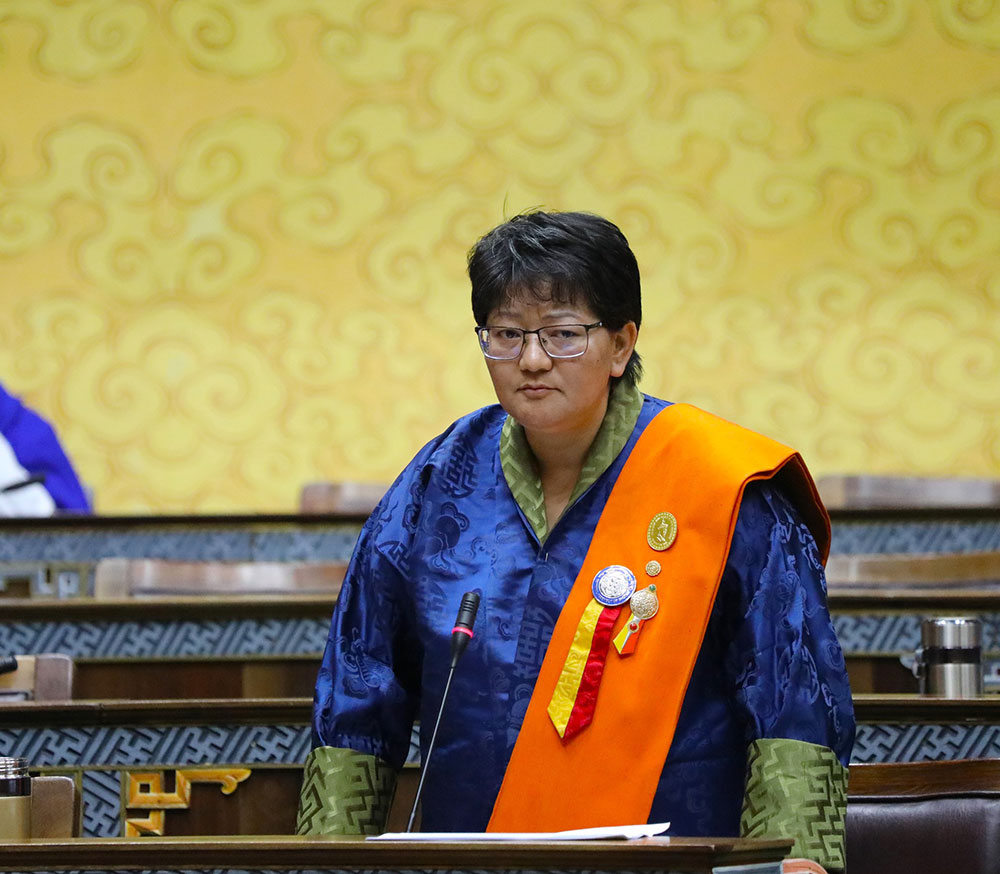YK Poudel
In the National Assembly yesterday, Minister for Health, Dechen Wangmo, said that there have been no delays on the part of the national referral hospital (JDWNRH) and the health ministry on patient referral, despite a 4.46 percent attrition rate as of May.
Her remarks came in response to a question raised by MP for Jomotshangkha-Martshala, Norbu Wangzom, who inquired about the issue of patient referrals.
Highlighting the current problems in the health sector, MP mentioned that patient referrals present significant challenges. “The main issues are delays in referrals, lack of funds, and accommodation problems in India,” she said, adding that these factors contribute to patients not receiving timely treatment.
Norbu Wangzom sought clarity from the government on the current referral issues, the challenges faced, and the measures being implemented to improve the referral system.
Minister emphasised that timely and proper treatment is not only a mandate but also a right of every individual according to the Constitution of Bhutan. She said, “Every patient must be treated and taken care of. However, in the case of referrals, it is a special kidu from the throne.”
Based on available data, minister said that Bhutan spends billions annually on referral cases.
“There is a turn-around time for any case—the protocol followed by JDWNRH thus far. Before referring any patient, a series of checkups and processes, including medical biopsies, must be completed,” minister said. This comprehensive procedure includes arranging accommodation and scheduling treatment consultations with the specialist in the referred country.
According to the minister, the referral budget has always been a top priority, and there have been no reported delays in referrals to date.
The health ministry’s figures indicate that major cases requiring referrals pertain to kidney transplantation, cancer treatment, neurological care, and heart-related ailments.
Currently, the national referral hospital offers chemotherapy regimens for cancer patients until the referred patient receives a treatment date, as well as pacemaker insertions for cardiac patients.
Minister said that the ministry plans to address the issue of patient referrals by constructing a multi-disciplinary hospital in the country that integrates all necessary services and by developing a skilled human resource pool. The ultimate aim is to eliminate the need for patient referrals to other countries.
The health sector is set to commence cardiac catheterisation and kidney transplantation within the coming months, showcasing the country’s commitment to advancing domestic healthcare capabilities.


